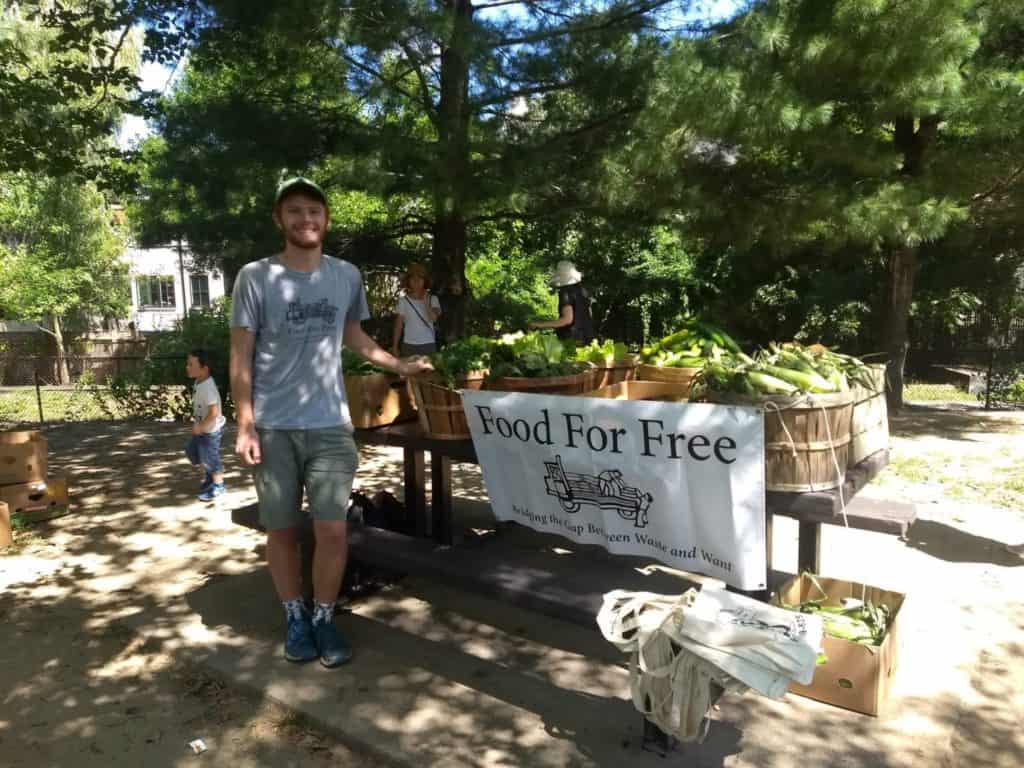As you well know, Food For Free addresses local hunger by working alongside many other programs—federal food programs, city services, national non-profits, and other local food programs. Federal budget cuts will impact every one of these layers of support for low-income families, making our work both more difficult and more important over the coming year.
On February 19, the House of Representatives passed budget cuts intended to affect the current fiscal year. While these cuts have not yet been passed by the Senate, it seems likely that some version of this bill will be passed in the coming weeks. The House’s bill makes these changes to federal food programs:
* Cuts WIC by $747.2 million
* Cuts the Commodity Supplemental Food Program by $20 million. (Massachusetts—one of six newly approved states—will not be able to commence CSFP operations.)
* Eliminates funding for the Congressional Hunger Center, Hunger Free Communities grants, The Emergency Food Assistance Program infrastructure grants, and community gardens —$15 million in cuts
* Cuts Nutrition Programs Administration by $3 million
* Cuts the Emergency Food and Shelter Program by 50%—a $100 million cut
These cuts affect the fiscal year which began last October and must be absorbed over the next six months. They will therefore affect programs more dramatically than if stretched over a full year.
Meanwhile, President Obama’s proposed budget for 2012 targets several other programs that help low-income families stay afloat:
* The Low Income Heating Assistance Program will be cut by $2.5 billion
* The Community Services Block Grant Program will be cut by 50%—$350 million
* The Community Development Block Grant Program will be cut by $300 million
Cuts to the Emergency Food and Shelter and Community Development Block Grant programs may affect Food For Free directly—possibly cutting as much as 17% of our budget.
Meanwhile, the Community Services Block Grant Program supports programs that we work with, like the Cambridge Economic Opportunity Committee, which runs the food pantry at 11 Inman Street and oversees the Cambridge Food Pantry Network.
All of this is happening at a time when the emergency food system is under tremendous strain. Currently, about 660,000 people in the state are at risk for hunger—an increase of about 20% over the last two years. And, it looks like 2011 may be just as difficult as 2010. The Boston Globe reported on February 26 that “US food prices are expected to jump between 3 and 4 percent this year, about twice the general rate of inflation.”
Food For Free helps everyone in our community to feed their families well, even as federal, state, and local programs are slashed. With your support this year, we will:
* Bring more than 1 million pounds of food into the emergency food system
* Help food programs to access another 1 million pounds of food, through transportation services
* Improve access to healthy foods for 25,000 people
* Reach 80 food programs—including pantries, meals, shelters, youth programs, and clinics
* Bring food directly to 60 housebound seniors and people with disabilities
For 30 years, Food For Free has been helping local food programs to feed families the way you would want to feed yours. With your help, we will continue to do so. Please make your “Feinstein Challenge” contribution today.


